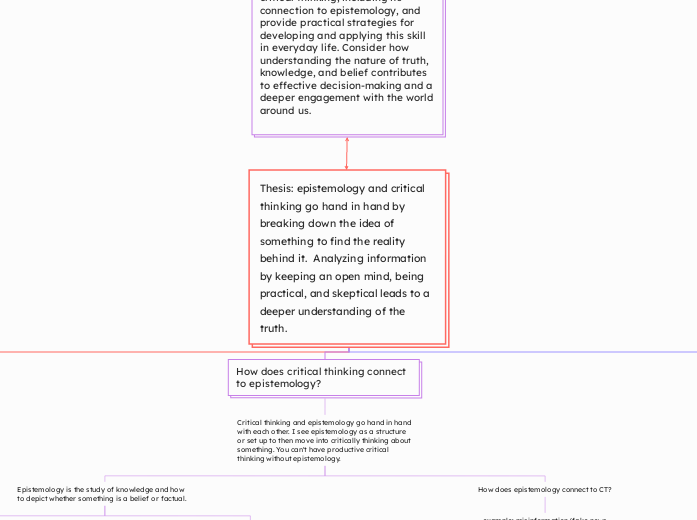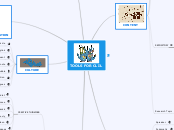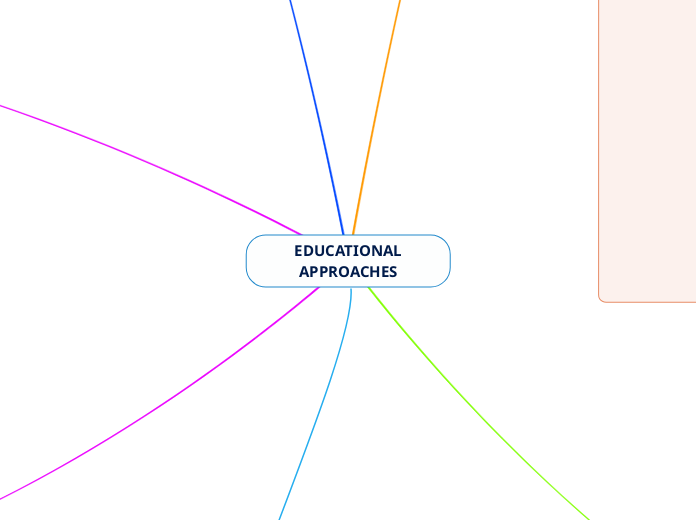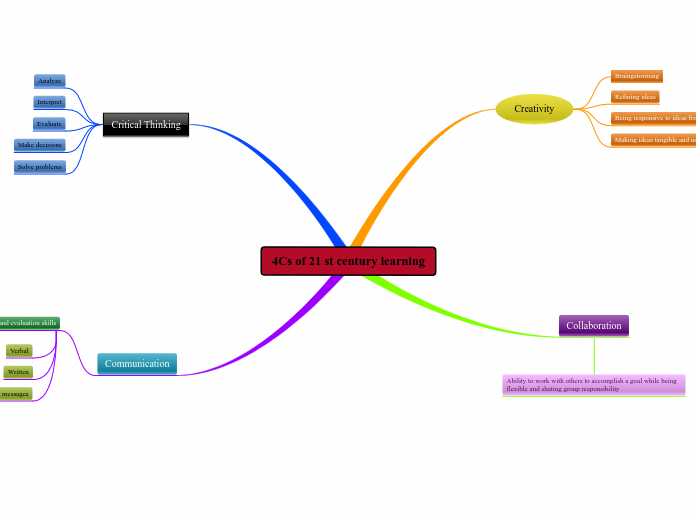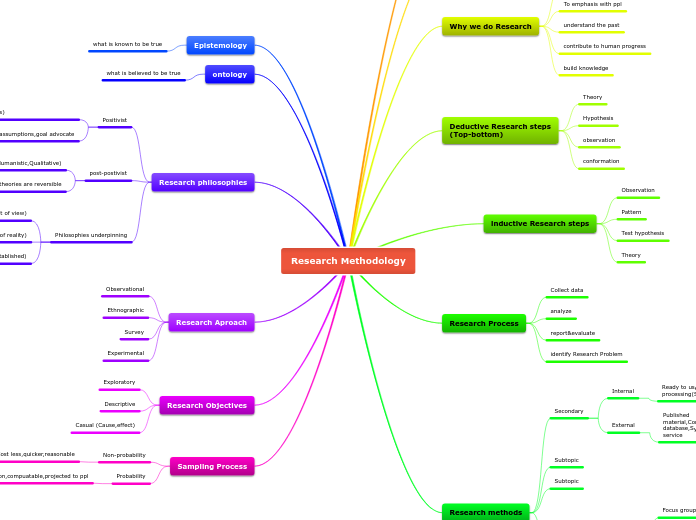Prompt: What is critical thinking and why is it important in today's world? Discuss the principles of critical thinking, including its connection to epistemology, and provide practical strategies for developing and applying this skill in everyday life. Consider how understanding the nature of truth, knowledge, and belief contributes to effective decision-making and a deeper engagement with the world around us.
Thesis: epistemology and critical thinking go hand in hand by breaking down the idea of something to find the reality behind it. Analyzing information by keeping an open mind, being practical, and skeptical leads to a deeper understanding of the truth.
Explain strategies you can use for applying critical thinking and epistemology to your life.
Epistemology and critical thinking are crucial to living an informed life by breaking down information, being open-minded to opposing opinions, and learning how to problem solve more effectively.
Personal examples
cognitive biases?
When I was in the process of picking schools I initally only looked at location, price, and hockey and ignored all of the other important parts which I didnt even think about
This was a cognitive bias for me because I just had limited space to process all of the information, and made multiple biases based on superficial knowledge.
fallacies?
A fallacy is an argument that is simply illogical or has no backbone.
There are multiple types of fallacies that have different affectiveness.
Strategies for applying CT
breaking down the information and looking deeper into the overall information
being open-minded, being able to apply your own knowledge, questioning all of the sources
teaches you how to problem solve more effectively
Subtopic
Relating epistemology to your life
picking colleges is a good example of relating epistemology to critical thinking. students tend to look at what they believe is most important to them rather than doing a full deep dive into the school to find out the reality of all things that are important
they also get most, if not all of their information through that university's website, therefore leading to only getting biased information and scratching the surface of everything important.
people who do not apply epistomology read a headline and base thier thoughts and beliefs on the headline, do not read the whole article (does not look into it and believe it) dont use their own kknowledge
people who do go deeper into the article, and then use other sources and resources to find the reality of the article. instead of believing what one person says you look for many different people as well as using your own knowledge
How does critical thinking connect to epistemology?
Critical thinking and epistemology go hand in hand with each other. I see epistemology as a structure or set up to then move into critically thinking about something. You can't have productive critical thinking without epistemology.
How does epistemology connect to CT?
example: misinformation/fake news
epistemology connects to CT because it is all about gaining knowledge and evidence, and then from there using critical thinking to determine the rationality, factualness, and questioning
Epistemology is the study of knowledge and how to depict whether something is a belief or factual.
Plato's Cave Allegory
The allegory of the cave has to do with the thought that ideas are real and symbols or objects are a representation of these ideas.
education is how you build your perception of reality and the objects around you are depictions of your mind.
the sun is a great example of being brought into reality, and that everyone views things differently, so therefore that is their perception, not the actual objects, however their view, ideals, and opinions of the objects.
when exiting the cave, the man saw the sun for the first time and began to see actual objects rather than the figures that were the only things he had been introduced to his whole life.
Explain beliefs versus knowledge versus truth
Beliefs are ideas and ideals based on personal opinion. Knowledge is knowing about both facts and beliefs. truth is based on factual information and evidence supporting it.
What is critical thinking and why is it important?
Critical thinking is about looking deeper into information and then creating an unbiased opinion based on the deeper thinking and facts.
Why is it important?
The world is filled with bias and assumptions about people, places, and situations. Bias can mess with your future due to the lack of critical thinking and putting emotions/ gut feelings out of the way.
What is CT, Critical thinking is diving deeper into a subject to find more about the root of a problem by analyzing, evaluating, and problem-solving. It is also a skill that needs to be developed and includes room to improve. It is all about questioning the 'normal'.
There are abilities you need to be successful in critical thinking.
open-mindedness
ability to listen + understand others beiliefs
open-mindedness is a key component due to being able to relook at a perspective, find the reality, and create an unbiased opinion. The ability to make an unbiased opinion is huge is forming opinions
creative thinking includes lateral thinking as well, which can be helpful by having an indirect approach to view a problem in a different light. looking at both the positives and the negatives can play a large role in thinking logically.
analytical skills are important to identify patterns in behavior.
The ability to use knowledge to back a choice or opinion is a good example of critical thinking.
The 24-hour rule - use critical thinking skills rather than reacting right away. applying reasoning is important. pg 11
